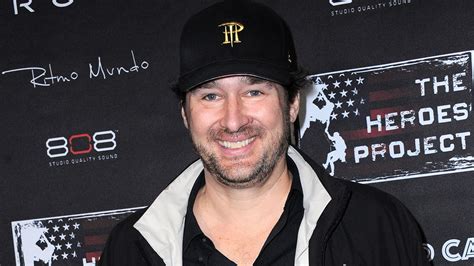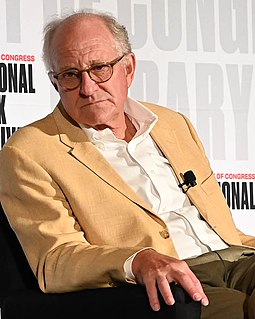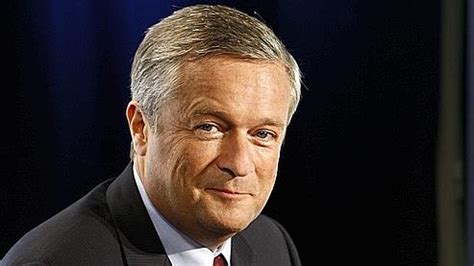A Quote by Scott McNealy
This is a big deal. It's a fairly natural partnership; it shouldn't surprise people, ... We're working on bringing this network-is-the-computer, Net services environment.
Related Quotes
The United States has an unfair advantage, as most of the popular cloud services, search engines, computer and mobile operating systems or web browsers are made by U.S. companies. When the rest of the world uses the net, they are effectively using U.S.-based services, making them a legal target for U.S. intelligence.
Microsoft made a big deal about Windows NT getting a C2 security rating. They were much less forthcoming with the fact that this rating only applied if the computer was not attached to a network and had no network card, and had its floppy drive epoxied shut, and was running on a Compaq 386. Solaris's C2 rating was just as silly.
What visual information does is it creates priorities. You cannot know with certainty what lies behind something else. There are very few transparent materials in the natural world or the built environment. And so we deal with things superficially, and we deal with what's in front of us, not what's behind our head that we can't see, or to the left or the right. Visualists are often linear and timeline-oriented, whereas the natural condition and the natural way of problem-solving throughout evolution is to be multitasking.
If we've learned any lessons during the past few decades, perhaps the most important is that preservation of our environment is not a partisan challenge; it's common sense. Our physical health, our social happiness, and our economic well-being will be sustained only by all of us working in partnership as thoughtful, effective stewards of our natural resources.
My belief is that there will be very large numbers of Internet-enabled devices on the Net - home appliances, office equipment, things in the car and maybe things that you carry around. And since they're all on the Internet and Internet-enabled, they'll be manageable through the network, and so we'll see people using the Net and applications on the Net to manage their entertainment systems, manage their, you know, office activities and maybe even much of their social lives using systems on the Net that are helping them perform that function.



































